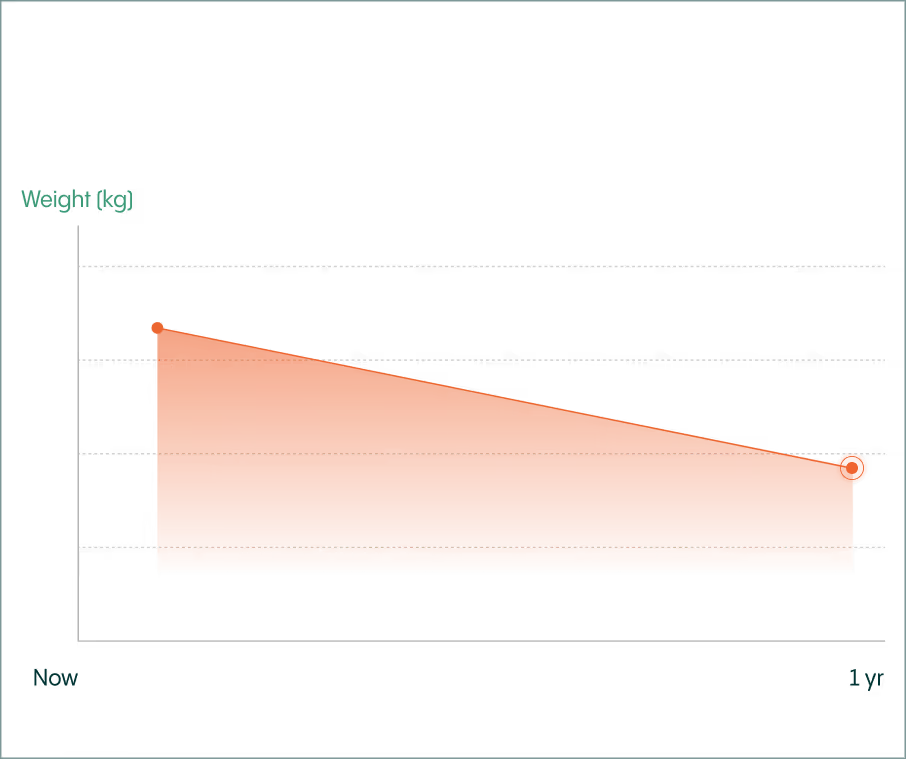

Heard of erectile dysfunction (ED) but not quite sure what it means? Clear your doubts with this 2-minute read, and equip yourself with the tools and knowledge to prevent this condition which affects 51.3% of Singaporean men above the age of 30.

Erectile Dysfunction, also known as ED or impotence, is a common condition that affects your ability to get or maintain an erection long or firm enough for sexual intercourse.
Did you know that ED is the most common sexual dysfunction which patients visit doctors for? A recent study shows that about one third of all men globally are affected by ED (Gerbild, Larsen, Graugaard and Areskoug Josefsson, 2018). A 2003 study conducted in Singapore found that 51.3% of Singaporean males above the age of 30 experience some form of ED (Tan et al., 2003).
In a study done by the Department of Urology at the University of Wisconsin, it was found that mild and moderate ED affects approximately 10% of men per decade (i.e. 50% of men in their 50s, 60% of men in their 60s.) This increasing probability has to do with the fact that illnesses, such as hypertension, diabetes and vascular diseases, tend to be more present in older men, where more arousal and stimulation is needed to get and maintain an erection. This may in part be due to their pre-existing health conditions which may require medication (Chung, 2019).
The cause of ED can be physiological or psychological, and in some cases, even a mix of both. Some of the common physiological causes are health related issues such as aging, cardiovascular diseases, diabetes and obesity. Common psychological causes are depression, anxiety and stress.
According to Harvard Health, ED is often an early warning sign of heart disease. This is especially critical in younger men because it usually means that they are at a relatively higher risk of developing cardiovascular problems, as it is not common for them to get ED at that age range (Rastrelli and Maggi, 2017).
On occasion, it is normal if you are unable to get or maintain an erection. There is no need to be concerned as it could be due to the consumption of certain drugs, having too much alcohol, anxiety, feeling stressed or even just exhaustion. However, if you experience this more than half the time you have intercourse or if it affects your relationship or well-being, then you should consult a doctor to get a proper diagnosis and treatment. At Noah, this can be done in a matter of minutes
ED treatment is not a one-size-fits-all. Different causes would lead to different treatments. Sometimes, the cause of ED is an underlying health issue and fixing that very issue can directly treat ED.
Therefore, the first step to understanding and diagnosing your ED is to consult with a doctor. Here at Noah, doctors on our platform are best equipped with the knowledge to help you ascertain the root cause of erectile dysfunction and determine whether it is physiological or psychological. They will be able to advise you on the best treatment suited for you, and can also prescribe you the right medication should you need it.



Articles featured on Noah are for informational purposes only and should not be constituted as medical advice, diagnosis or treatment. If you have any medical questions or concerns, please talk to your healthcare provider. If you're looking for a healthcare provider, click here.
Gerbild, H., Larsen, C., Graugaard, C. and Areskoug Josefsson, K., 2018. Physical Activity to Improve Erectile Function: A Systematic Review of Intervention Studies. Sexual Medicine, 6(2), pp.75-89.
Chung, E., 2019. Sexuality in Ageing Male: Review of Pathophysiology and Treatment Strategies for Various Male Sexual Dysfunctions. Medical Sciences, 7(10), p.98.
Rastrelli, G. and Maggi, M., 2017. Erectile dysfunction in fit and healthy young men: psychological or pathological?. Translational Andrology and Urology, 6(1), pp.79-90.
Tan, J., Hong, C., Png, D., Liew, L. and Wong, M., 2003. Erectile dysfunction in Singapore: prevalence and its associated factors--a population-based study. Singapore Medical Journal, 44(1).
Staff, H., 2020. Erectile Dysfunction Often A Warning Sign Of Heart Disease - Harvard Health Blog. [online] Harvard Health Blog. (Link) [Accessed 14 July 2020].